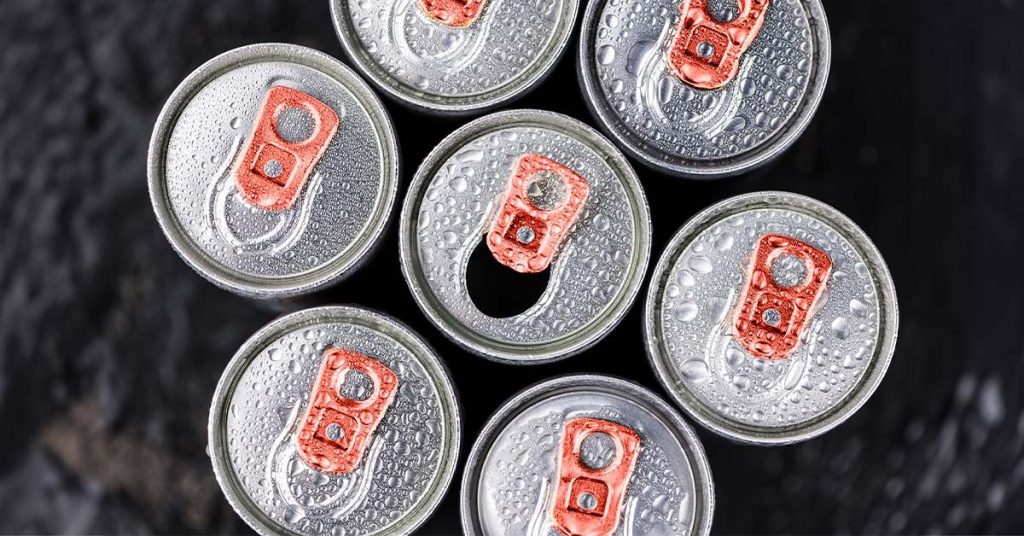New research suggests that drinking energy drinks could pose a small but significant risk of experiencing a life-threatening cardiac event among individuals with genetic heart conditions. A study conducted by researchers from the Mayo Clinic in Minnesota found that 5% of sudden cardiac arrest survivors with pre-existing genetic heart conditions had consumed energy drinks prior to their cardiac arrest. While this association does not prove causation, it raises concerns about the potential negative effects of energy drinks on heart health.
The study authors caution that more robust studies are needed to definitively establish a causal relationship between energy drink consumption and cardiac events. However, the results are concerning enough to prompt further examination of the risks associated with consuming energy drinks. The lead study author, Dr. Michael J. Ackerman, emphasized the importance of weighing the risks and benefits of consuming energy drinks for individuals with known genetic heart conditions. The findings may have significant clinical relevance and impact on a larger population.
This study is part of a growing body of research that questions the safety of energy drinks, particularly for individuals predisposed to cardiac issues. High levels of caffeine, taurine, and guarana found in energy drinks have been linked to adverse cardiac reactions. An editorial accompanying the study suggests categorizing energy drinks as “arrhythmogenic foods” that may cause heart arrhythmia. This classification underscores the potential risks of consuming energy drinks, especially in excess.
The energy drink industry has become a $58 billion enterprise, prompting calls for additional research to better understand the potential health risks associated with these beverages. While the actual risk of energy drinks for the general population may be low, patients with certain cardiac conditions may be at a higher risk. The editorial authors emphasize the need for caution, especially for individuals with channelopathies and ischemic heart disease. They highlight the importance of recognizing potential warning signs and seeking a cardiac workup if necessary.
According to Dr. Majid Basit, an interventional cardiologist, while the study does not definitively conclude that energy drinks cause near-fatal events, frequent and excessive consumption of substances like energy drinks can lead to other cardiac disorders. Individuals with a history of passing out or a family history of unexplained early death may be at risk and should consider a cardiac evaluation. The findings from this study underscore the importance of understanding the potential risks associated with energy drink consumption, especially for those with underlying cardiac conditions.
In conclusion, further research is needed to establish a causal link between energy drink consumption and cardiac events, particularly among individuals with genetic heart conditions. The potential risks of consuming energy drinks, including arrhythmogenic effects related to caffeine and other compounds, underscore the need for caution. While the overall risk for the general population may be low, individuals with specific cardiac conditions should be mindful of the potential dangers associated with energy drinks. This study adds to the existing body of research highlighting the need for greater awareness of the potential health risks of energy drinks and the importance of considering individual risk factors when making dietary choices.


